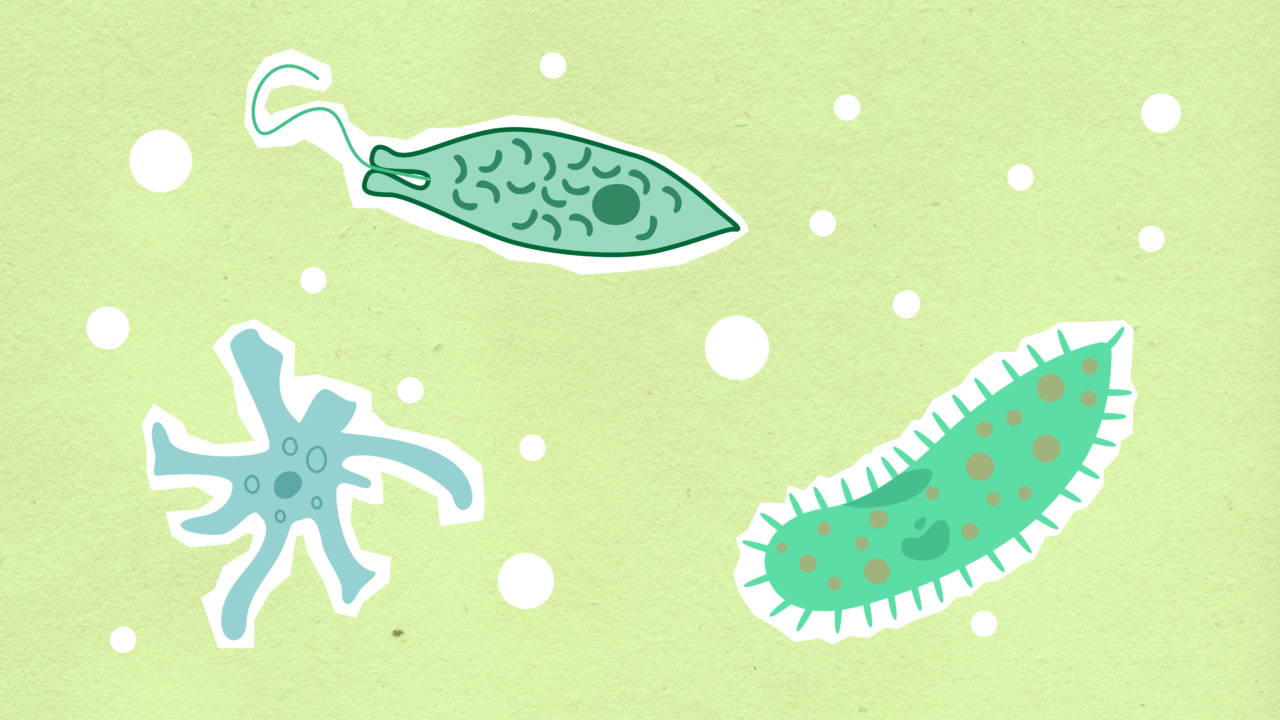Antigens are a vital aspect of our immune system’s defense against pathogens. However, there are several myths and misconceptions surrounding antigens that can lead to confusion and misunderstanding.
In this article, we will debunk five antigenic myths and shed light on the facts that will help you better understand the role and significance of antigens in our body’s defense mechanism.
Myth 1: Antigens Are Harmful Substances
Fact: Antigens are not inherently harmful substances. They are protein molecules or other substances that trigger an immune response in our body.
Antigens can be present on the surface of pathogens like bacteria or viruses, but they can also be found on non-pathogenic substances such as pollen or certain foods.
When our immune system recognizes these foreign antigens, it mounts an immune response to eliminate the threat.
Antigens can be beneficial as well, as they are used in vaccines to stimulate a protective immune response without causing the disease itself.
Myth 2: All Antigens Cause Allergies
Fact: While antigens can be involved in allergic reactions, not all antigens cause allergies. Allergies occur when our immune system overreacts to harmless substances, known as allergens, and produces an allergic response.
Allergens can be certain foods, pollen, dust mites, or pet dander, among others.
Antigens, on the other hand, are simply the triggers that initiate the immune response. It’s the body’s immune system response to these antigens that leads to the allergic reactions, not the antigens themselves.
Therefore, it’s incorrect to assume that all antigens cause allergies.
Myth 3: Antigens Only Exist in Pathogens
Fact: While antigens are indeed found on the surface of pathogens and play a crucial role in identifying and eliminating them, they also exist in various other substances.
Our own cells also display antigens on their surface, known as major histocompatibility complex (MHC) molecules. These MHC molecules help distinguish our cells from foreign cells and aid in immune recognition.
Moreover, antigens can be present in harmless substances, such as pollen grains or certain proteins in food, that trigger immune responses in individuals with allergies or sensitivities.
By recognizing these harmless antigens as potentially harmful, the immune system can mistakenly mount an immune response, leading to allergic reactions.
Myth 4: Antigens Are Only Present in Blood
Fact: While blood is one of the most common sources of antigens used in medical tests and compatibility assessments, antigens are not exclusive to blood. Antigens can be found in numerous body fluids, tissues, organs, and cells throughout the body.
For instance, the ABO and Rh blood group antigens, which are widely known due to their importance in blood transfusions, are not only present on red blood cells but also on various other cells and tissues in the body.
Myth 5: Vaccines Overload the Immune System with Antigens
Fact: Vaccines contain small amounts of antigens to stimulate an immune response, but they do not overload the immune system. The immune system is exposed to countless antigens every day, from the air we breathe to the food we eat.
Vaccines introduce a small and manageable number of antigens to train the immune system to recognize and respond to specific pathogens. The immune response triggered by vaccines is much milder compared to the response elicited by natural infection.
Moreover, vaccines have undergone extensive research and testing to ensure their safety and efficacy. They are carefully formulated to contain the necessary antigens to stimulate a protective immune response without causing the actual disease.
Conclusion
Understanding the facts behind these antigenic myths is essential for accurate comprehension of how our immune system functions. Antigens are not harmful substances themselves, but rather triggers that initiate immune responses.
They exist in various substances, including pathogens, harmless allergens, and even our own cells.
By debunking these myths, we can foster a better understanding of antigens and appreciate their critical role in our body’s defense against diseases.
So, the next time you encounter a discussion about antigens, you can separate the facts from fiction and contribute to spreading accurate information about this important aspect of immunology.































